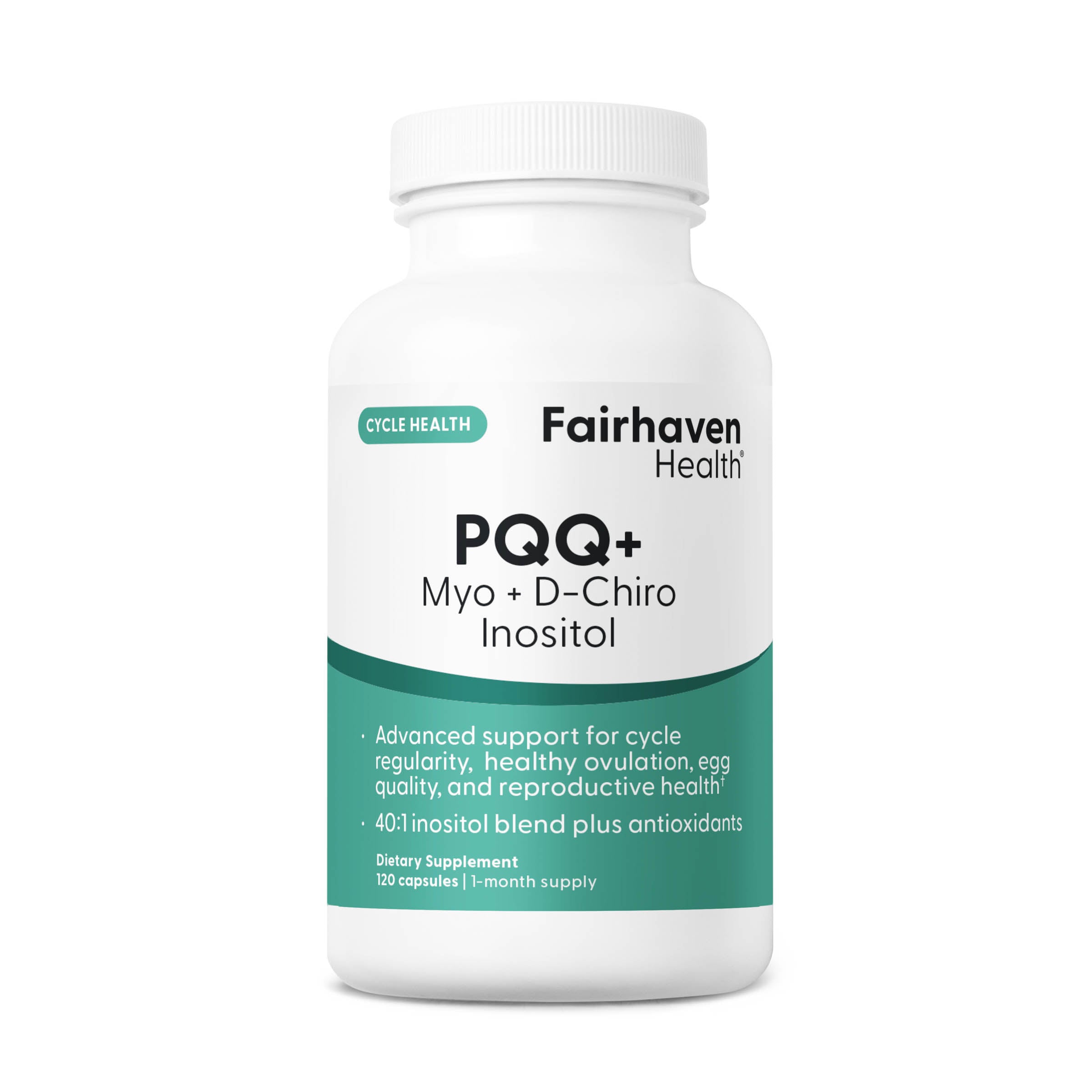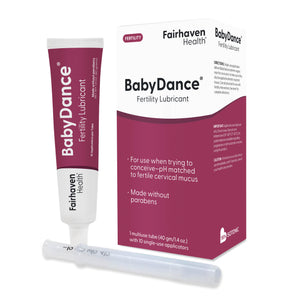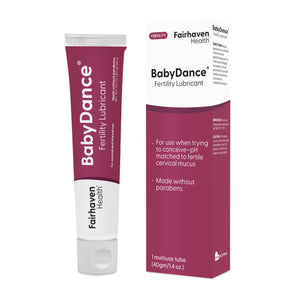By Samantha Sorden
Breast milk is the best food you can feed your baby; it contains key nutrients that help your baby fight diseases, enhance cognitive and behavioral development, and keep your baby healthy. Safely storing expressed breast milk allows you to continue feeding your baby on demand and ensures that your baby receives proper nourishment when you are away.
When handling your breasts or breast milk, make sure to thoroughly wash your hands. Once you collect your milk, store enough for one feeding (between 2 to 4 ounces) in a clean glass bottle or container, and mark the time and date so you can use the oldest milk first. You may also want to think about storing smaller portions for snacks between feedings. If you are giving milk to a caretaker, make sure your baby’s name is on the container as well.
You can also store breast milk in special plastic bags designed for milk storage, but remember that these bags are not reliable for long-term storage. They may leak, spill or become contaminated. Furthermore, key nutrients in breast milk may stick to the plastic bags during long-term storage, decreasing the quality of nutrients your baby receives.
However you decide to store your breast milk, it’s only good for so long depending on the temperature of the storage area. These CDC guidelines can help you determine whether or not to toss it out:
-
Milk stored at room temperature should be used within eight hours. Containers should be covered and kept in a cool place. You’ll want to throw out leftover milk within one to two hours after feeding.
-
If you like to store your milk in an insulated cooler bag, you’ll want to toss the extra milk after 24 hours. Keep ice packs next to the milk bottles at all times and try to open the bag only when necessary.
-
Breast milk stored in the refrigerator is safe for five days.
-
If you store the milk in a freezer compartment of a refrigerator, the milk is good for two weeks.
-
Milk stored in a freezer with separate doors for the refrigerator and freezer is good for three and six months.
-
If you have a chest freezer, your breast milk is good for six to 12 months.
-
For any type of fridge or freezer storage, make sure the milk is stored in the back where the temperature doesn’t fluctuate as much. Milk stored for extended periods may not be as nutritious.
-
Do not mix fresh milk with frozen milk.
-
Do not save milk from a used bottle for another feeding.
-
When in doubt, toss it out.
Remember, these are recommendations. Some researchers say that vitamin C in breast milk deteriorates with longer storage times. Other studies suggest that keeping your breast milk in the refrigerator for more than two days may reduce the bacteria-fighting properties, and long-term freezer storage may lower the quality of fat in breast milk.
It’s also important to remember that as your baby grows, your breast milk changes to fit the baby’s needs. Milk expressed within the first few days of life will not deliver proper nutrients for your one-month old baby.
When you are ready to thaw your frozen breast milk or reheat bottles, you should avoid using the microwave because it does not heat the milk thoroughly. Uneven heating may damage the milk and destroy the quality nutrients your baby needs for healthy development. Not to mention, hot milk can burn your baby.
Instead of thawing milk in the microwave, simply place the frozen breast milk in the fridge ahead of time so it can melt. Or you can put the bottle in a bowl of warm water to speed up the process. Once the breast milk is thawed, do not re-freeze.







